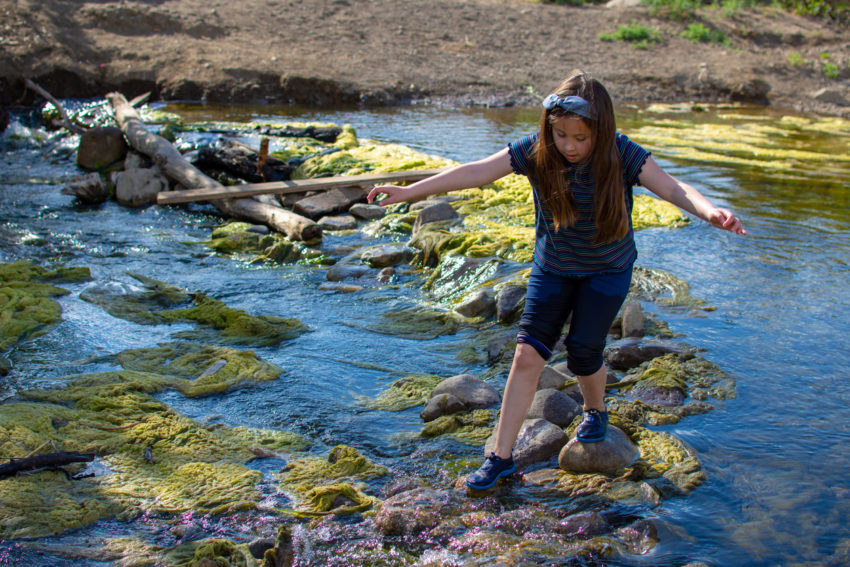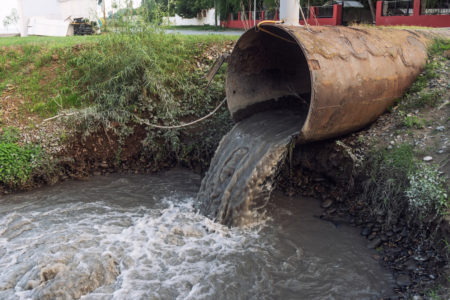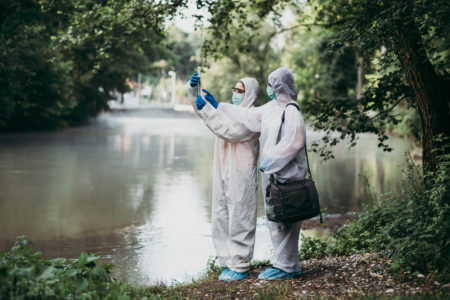
Share On Social!
As part of their more significant trend of weakening environmental rules, the EPA announced a reduction in groundwater protections on April 15.
Yet, 24,088 people and organizations submitted a public comment to the agency — including 2,028 emails, about 10% of all comments, from SaludAmerica! network members. Many of these statements urge government officials to rethink the act of allowing corporations more flexibility to eliminate toxic waste by polluting groundwater.
Other groups, such as Clean Water Action, also sent data and expert opinion to show how EPA’s plans could continue to harm our waters and climate.
“This is a reckless departure from past practice and agency precedent. It’s a senseless handout to polluting industries, at the expense of our water and health,” Bob Wendelgass, President and CEO of Clean Water Action, said in a statement. “EPA wants to pull the Clean Water Act apart, piece by piece, and we’re going to make sure the public knows it.”
The Proposed Rule and Its Impacts
If enacted, the EPA’s rule would create a loophole that frees companies from having to have a permit to dispose of toxic waste if they are dumping in an area that is not conveyed to navigable waters.
The Clean Water Act (CWA) is already at risk, and this proposal only further strengthens environmental reductions.
Those reductions provide companies with greater room to pollute without governmental oversight through permits. Without that oversight, contamination rates could increase, and accessible sources of clean water could diminish.
However, not all groups submitted comments opposing this legislation.
Agricultural groups, such as the National Pork Producers Council, the American Farm Bureau Federation, and members of the Agricultural Nutrient Policy Council, submitted a joint comment backing the EPA.
“We strongly support EPA’s conclusion that ‘the act is best read as excluding all releases of pollutants from a point source to groundwater from [National Pollutant Discharge Elimination System] program coverage and liability under Section 301 of the CWA,” the group states. “We, therefore, urge EPA to follow through on its stated intent to conduct a rule-making in the near future that codifies the agency’s current position on the proper scope of CWA regulation.”
Still, there are growing concerns involving pollution and its link to climate change, including threats of significant flooding that will impact coastal cities across the U.S.
Imminent Worries and Current Actions to Take
Clean water access is a problem already impacting Latinos—who are already exposed to significant levels of contaminated drinking water—and all Americans.
Worse, the issue is growing. Other forms of corruption include: 
- Runoff pollution causing the development of harmful algae
- Widespread firefighting chemical contamination
- Lead contamination in public school’s drinking water
“The EPA should immediately withdraw this loophole protecting corporate polluters and instead work to protect communities from harmful water pollution by keeping in place regulations already challenged and upheld in numerous federal courts,” Clean Water Action writes.
While the public comment period for this issue has closed, you can still act in environmental issues today. The United States Geological Survey recently announced their decision to no longer project long-term climate change impacts.
Send the anciency an email, urging officials to rethink this decision.
Read more about environmental, chemical exposure!
Editor’s Note: This article is part of a collaboration between Salud America! and the Hoffman Toxicant-Induced Loss of Tolerance (TILT) program at UT Health- San Antonio. To find out if you are TILTed due to exposure to everyday foods, chemicals, or drugs, take a self-assessment or learn more about TILT.
By The Numbers
1
Quick Survey
Can help you find out how chemically sensitive you are



